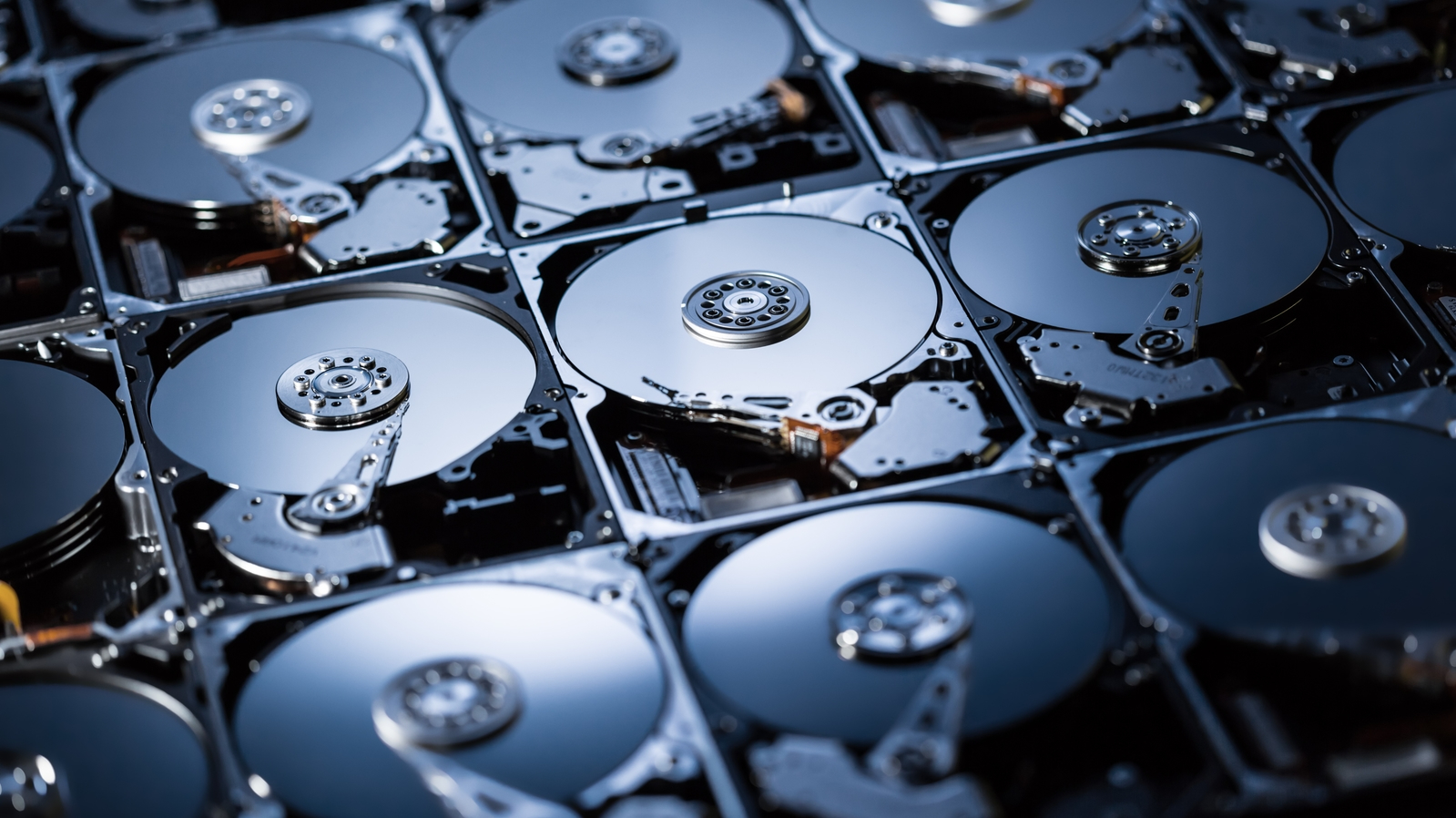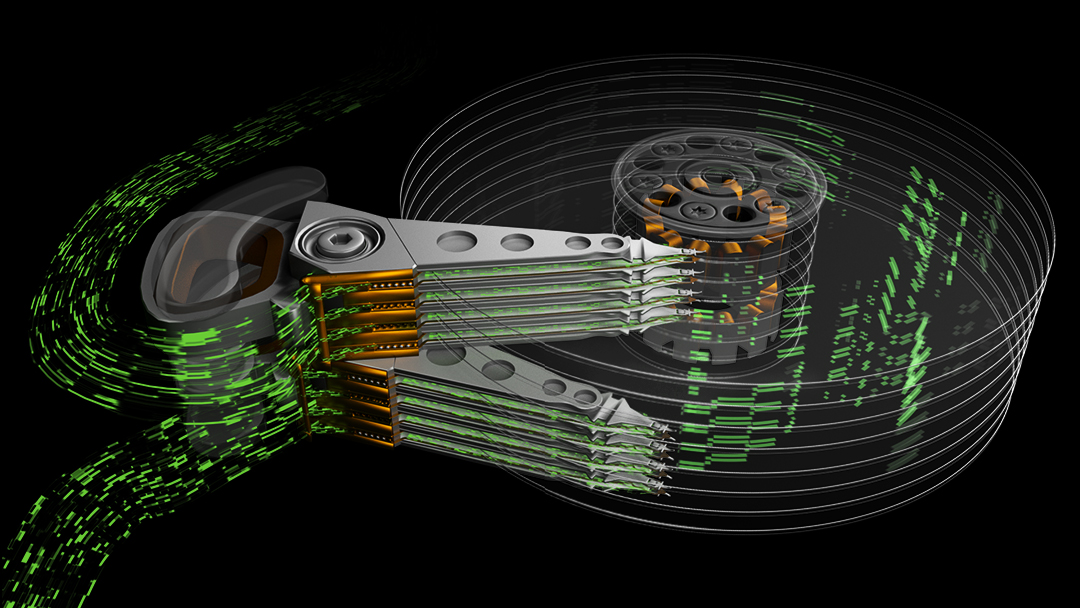
According to a report from Blocks and Files, Toshiba HDD Business Development Senior Manager Rainer Kaese believes hard drives will be sticking around for a while and won't go the way of the Dodo as some predictions have suggested. The Toshiba exec made a lengthy statement explaining that hard drives will continue to be much cheaper than SSDs in the long term, and datacenter engineers will develop more efficient drives in the future to meet stricter power requirements.
Here are just some of the bits Rainer Kases said:
"HDDs maintain a gap in cost per capacity with flash storage of around a factor of seven. This advantage remains the lifeline of the HDD … HDDs may reach 40 or even 50 terabytes without approaching comparable costs with flash storage."
"This market driver is a certainty. Even if HDDs reached as high as 100 terabytes of capacity, our data-driven society means we would fill it in no time at all." Air-filled drives need about 10 watts to spin while helium-filled ones need 7-8 watts. He reckons "datacenter engineers are thinking about how to use the HDD in a more power-optimised way, possibly through idle or power-down modes."
"The first wave of HDD deployments in data centres for the cloud took place six or seven years ago, and those components are now coming to the end of their lifecycle and are being decommissioned. HDDs are comprised of aluminium and copper, making them much easier to recycle than other components and materials such as PCBs, chips, and plastics. Consequently, we expect HDDs to become an integral part of the circular economy based on services such as recycling and reuse."
His statements directly counter predictions made by Shawn Rosemarin from Pure Storage, who predicted that hard drives will go extinct as soon as 2028. Rosemarin's assumptions lie particularly in power consumption, with rising electricity costs being the primary expected source for the upcoming "extinction."
Both predictions have merit, but Rainer Kaese's statement on cost per gigabyte is somewhat misleading. The cost of SSDs most SSDs today is nowhere near the "7X" multiplier Kaese suggested. Most SSD prices currently are around three to four times more expensive than hard drives, and even less if you bought one of the Best SSDs recently from the previous Black Friday/Cyber Monday craze. It's possible that some enterprise-grade SSDs cost seven times as much as their hard drive counterparts, but that is not the norm.

Still, Kaese belief in ongoing drive development is a legitimate assumption. Hard drive technology has improved drastically since the inception of SSDs, enabling modern 3.5-inch form factor HDDs to hold storage capacities that would have blown people's minds a decade ago. As far as we can tell, nothing is stopping hard drives from becoming more advanced and capable as long as manufacturers invest R&D dollars. For example, Seagate's latest HAMR technology enables 22TB capacities to be stored in a single 3.5-inch hard drive.
We'll have to wait and see which prediction comes true in 2028. The underlying problem from both predictions comes down to power consumption and energy cost, so if hard drives are to succeed, manufacturers will need to figure out a way to lower the energy consumption of hard drives to compete with SSDs.







